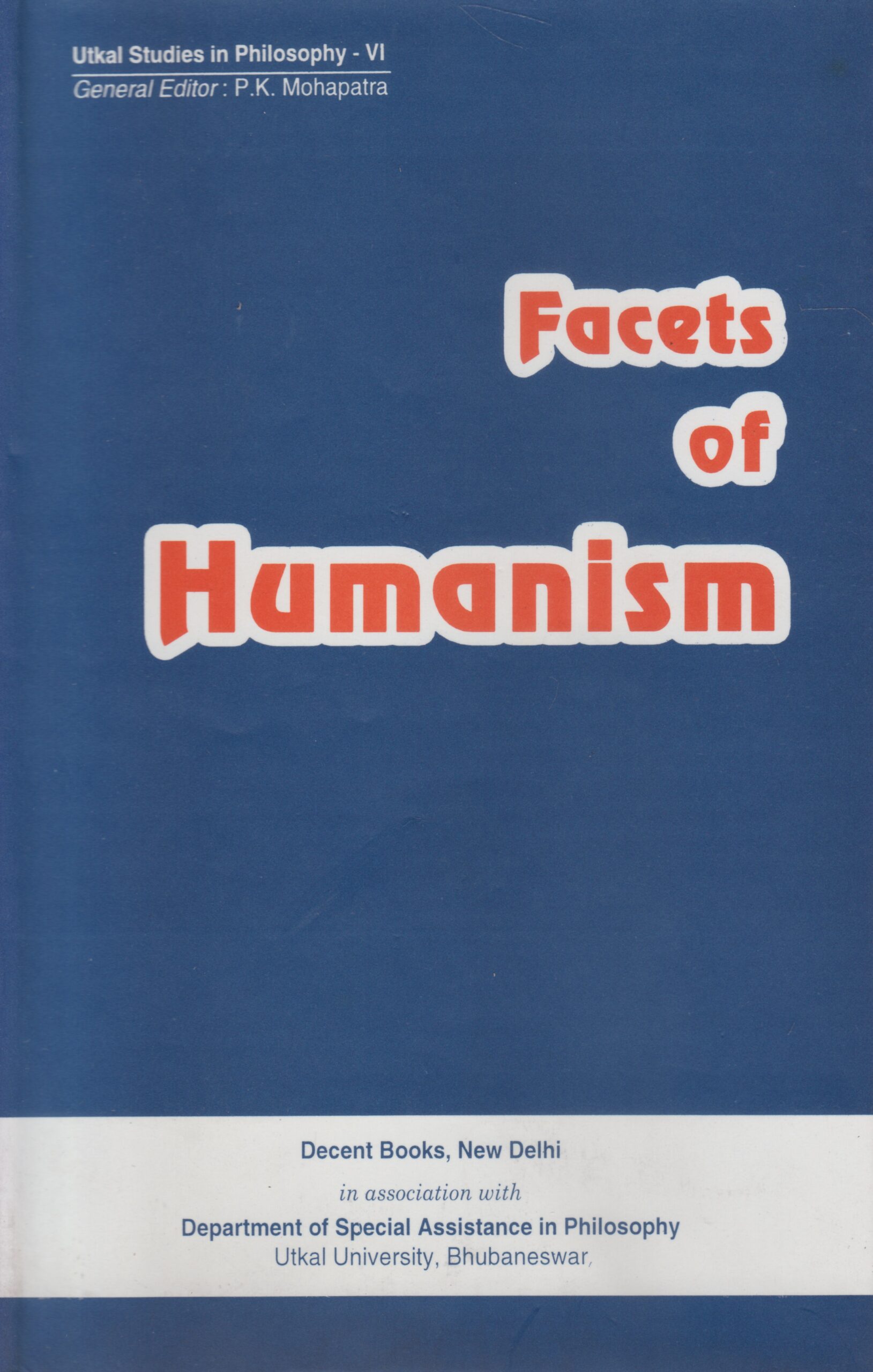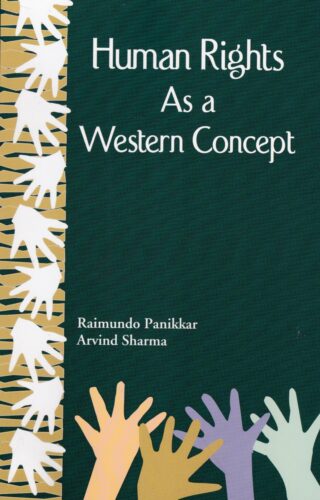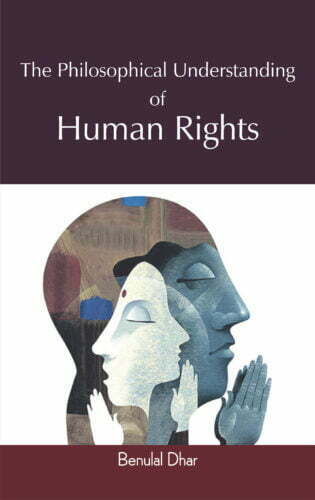Showing all 5 results

This work focuses on the various facets of queer activism, using different art forms like cinema, photography and literature to lay bare the queer and spatial politics of contemporary India. The key issues that have been explored through this book are necropolitics, issues surrounding sex-reassignment surgery (SRS), trans-feminism, trans-misogyny, translation of the queer geographies including deathscapes, AIDs citizenship and queer flânerie.
Representation of non-normative sexualities is still a tantalizing dream in India, even within the oblique and supposedly more liberal platforms like art and literature. Catering to this need, this study focuses on the exploration of the deviant sexualities in cinema, photography and literature, specially in the Indian context. Unfortunately, even within the queer artistic explorations, hijras have not been much represented and therefore the first part of the book aims to excavate the multiplicity of the transgender lives by analysing various art forms, having transgender cinema and hijra photographic series as the major thrust areas. These tales of plain subjugation hide convoluted issues like necropolitics, overlap among sports, gender identity and nationalism, crazy-queen syndrome, pansexuality, transfeminism and transmisogyny.
The second part of this book deals with the contemporary gay and lesbian literature and how a specific kind of spatial appropriation is visible there. Through these artistic works, there is an attempt to excavate the specific Indian queer spatial experiences which are quite different from the visibility-centric coming out narratives of the West. As opposed to perceiving invisibility only as a monolithic technique of erasure, these works demonstrate that secrecy and camouflage are also strategies to combat the insidious effects of homophobia. And since Indian spatial configuration produces many homosocial spaces, the unique coexistence of homo and hetero desires is a specific feature of Indian ethos. Thus, the mutually symbiotic relationship between art and emancipatory politics is quite evident from the detailed discussion on various art forms that depict queer lives. The key issues that have been explored through this book are necropolitics, issues surrounding sex-reassignment surgery (SRS), transfeminism, exploration of queer geographies including death scapes, AIDs citizenship and queer flânerie. It indubitably legitimizes somewhat the role of art in queer politics at a fundamental level.

This book focuses on the proper analysis and understanding of humanism and its implications on, and applicability to, the present social scenario. It discusses suitable models of humanism for effective social structuring.
When the humanistic world view had its beginning in Protagorass declaration that man is the measure of things, it was very soon condemned as a subjective, individualistic doctrine without being understood. Yet, since the importance of humanism in the making of a meaningful, value-based society can never be overlooked, humanistic ideals kept trickling in over the years in both Western and Indian philosophical speculations; and it came to be increasingly realised that nothing unhuman can be of interest to man and nothing human can be alien to human thinking. However, humanism now-a-days has become somewhat of a cliche, so much so that almost everybody engaged in some sort of intellectual exercise claims to be a humanist. What is required, therefore, is proper analysis and understanding of humanism and its implications on, and applicability to, the present social scenario. With this objective, this book has focussed on the various aspects of humanism and the authors have attempted to carve out suitable models thereof for effective social structuring and nation building. Readers will benefit by the indepth analyses of the concept in its multifarious dimensions and its application to various aspects of intellectual discourse. Facets of Humanism will be of immense use to students and researchers in philosophy and the social sciences.

Whether the discourse on Human Rights constitutes an authentically universal discourse, or merely Western discourse masquerading as such, is an issue which has persisted ever since the Universal Declaration of Human Rights was adopted in 1948, and shows no signs of letting up. This book presents an in-depth exploration of this issue in a novel format, by presenting a celebrated piece on this issue by Raimundo Panikkar, with a detailed response to it by Arvind Sharma, thereby laying bare several key dimensions of the debate which may otherwise escape notice.
Whether the discourse on Human Rights constitutes an authentically universal discourse, or merely Western discourse masquerading as such, is an issue which has persisted ever since the Universal Declaration of Human Rights was adopted in 1948, and shows no signs of letting up. This book presents an in-depth exploration of this issue in a novel format, by presenting a celebrated piece on this issue by Raimundo Panikkar, with a detailed response to it by Arvind Sharma, thereby laying bare several key dimensions of the debate which may otherwise escape notice.

This book aims at developing an exclusive literary framework to analyse the Indian queer literary works. It helps in excavating the convoluted layers and subversive potential of queer identities, and in studying the efforts made by the Indian writers to homosexualize various so-called normative spaces.
The invisibility accorded to queer literary works in India has a systematic sinister agenda of silencing. Such a hidden target can be countered only by cataloguing the still unexplored queer texts in various Indian languages and by developing unique critical tools to analyse these texts in a such a manner that helps in excavating the convoluted layers and subversive potential of queer identities.
This book aims at developing an exclusive literary framework to analyse the Indian queer literary works. In all, there are seven chapters which deal with the themes of plurality of lesbian existence, ambivalent adaptation techniques adopted by the writers to grant visibility to subaltern sexualities, overlapping of class and homosexuality, the development of exclusive queer aesthetics by inversion of accepted mode of literary language, imagery and techniques, the doubly marginalized identity of lesbian diaspora and the specific rift between lesbianism, feminism and queer activism in Indian context as presented in literary studies.
It also deals with the issues of biphobia, violence on hijra identity (perhaps one of the most marginalized identity in LGBTQ movement), the depiction of symbiotic relationship between space, sexual identity and sexual citizenship in Indian literary texts and the efforts made by the writers to homosexualize various so-called normative spaces.

This book investigates the doctrine of natural rights and its critiques, and assesses the world-view which has shaped formulation of the theories of natural rights. It presents a clear exposition of some contemporary philosophical theories of rights developed independently of the natural rights paradigm and discusses the theories wherein the conception of rights is found to be compatible with utilitarianism.
Human rights is a topic that gets vividly and seriously debated at varied platforms, globally. The concept of human rights has a rich philosophical and theoretical tradition, and its philosophical dimension deserves proper attention. Having given an account of the origins and historical development of the idea of human rights, the book investigates the doctrine of natural rights and its critiques, and assesses the world-view that has affected its formulations.
The work also presents a clear exposition of some contemporary philosophical theories of rights developed independently of the natural rights paradigm and discusses the theories wherein the conception of rights is found to be compatible with utilitarianism. And, finally, while briefly arguing for discursive understanding of human rights based on the diversity of morals that is embedded in different cultural traditions of the world and for reconstruction of the conception of human rights in more inclusive and cross-cultural terms, the author analyses the conception of human dignity from the Vedantic perspective as a case study, which is regarded as an important underlying principle of human rights.
The volume is intended to introduce students and practitioners of human rights, and general readers to the philosophy of human rights.
| There are no products |